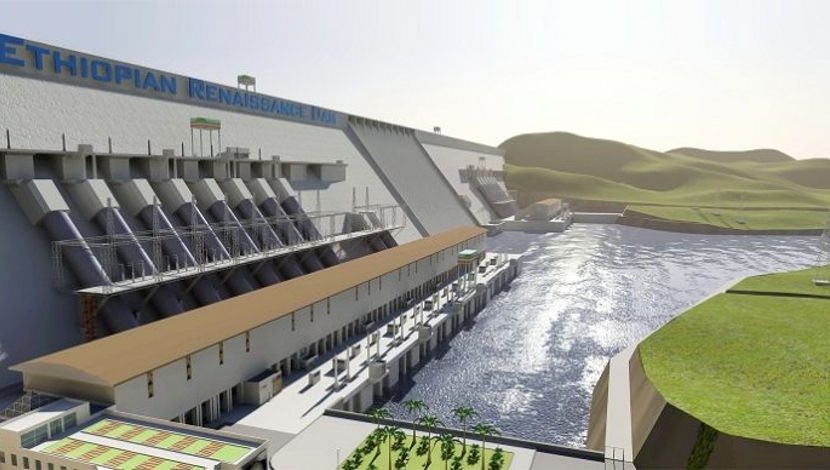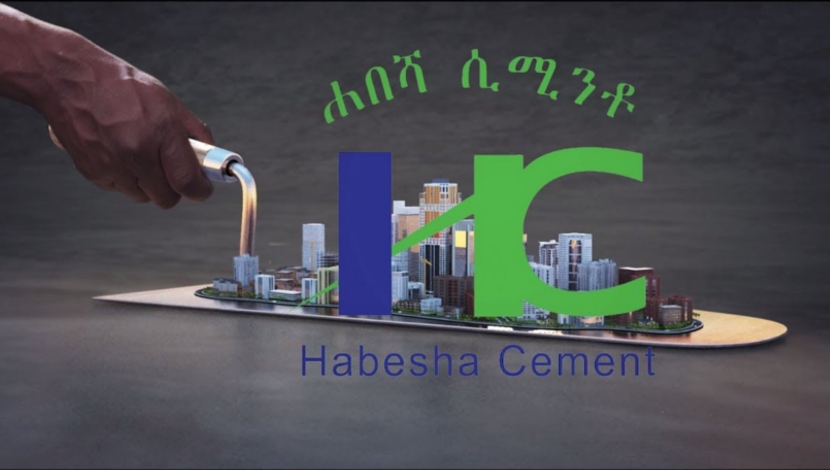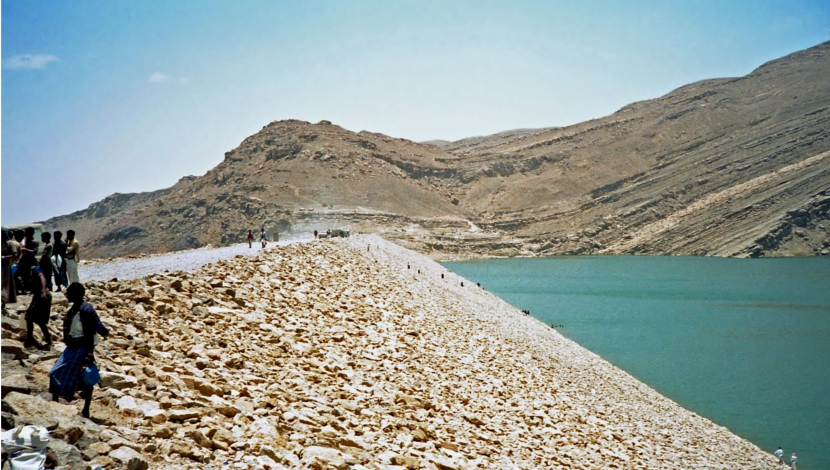
![Investors - [http://blogs-images.forbes.com/kenkam/files/2014/12/bigstock-Silhouette-of-Stock-Market-Dis-62230052-1940x1339.jpg]](https://concretetrends.dmgeventslive.com/wp-content/uploads/2016/10/58498ff2e6ae7a2b1a400d430f906736.jpg)
Foreign investor confidence in Ethiopia has been shaken following nearly a year of unrest, with the country’s government now admitting that as many as 500 people have died as a result of police crackdowns and a deadly stampede at a recent rally in the country’s Oromia region.
Prime minister Hailemariam Desalegn declared a six-month state of emergency Sunday in an attempt to quell the protests by ethnic Oromo and Amhara communities over a land dispute and political marginalisation. The unrest has caused millions of dollars’ worth of damage to foreign-owned businesses. The anti-government protests have dented the view that Ethiopia is a stable partner for investment, according to Emma Gordon, a senior analyst with research firm Verisk Maplecroft.
Some foreign-owned businesses have been forced to cease production, including a cement factory owned by the Nigerian billionaire Aliko Dangote and the US-based flower growing and exporting company Esmeralda Farms, which has pulled out of the country altogether. Meanwhile, the US-based private-equity firm KKR has stepped up security at its Afriflora farm.
Ibi Idoniboye, Africa analyst at market research company Integer Research, said, “We are experiencing a short-term dip in investor confidence, but the long-term view of the economies in East Africa, especially Kenya and Ethiopia, is still positive and we expect to see solid growth this year.”
The current protests were triggered last November by the government’s plans to expand Addis Ababa into Oromo lands. The proposal was scrapped following protests, but the police’s heavy-handed response led to demonstrations spreading to the northern regions, which are dominated by the Amhara ethnic groups. Both the Amhara and Oromo communities – which make up around 60% of Ethiopia’s population – are frustrated by the political dominance of the Tigray minority, who account for just 6% of the 100m population.





